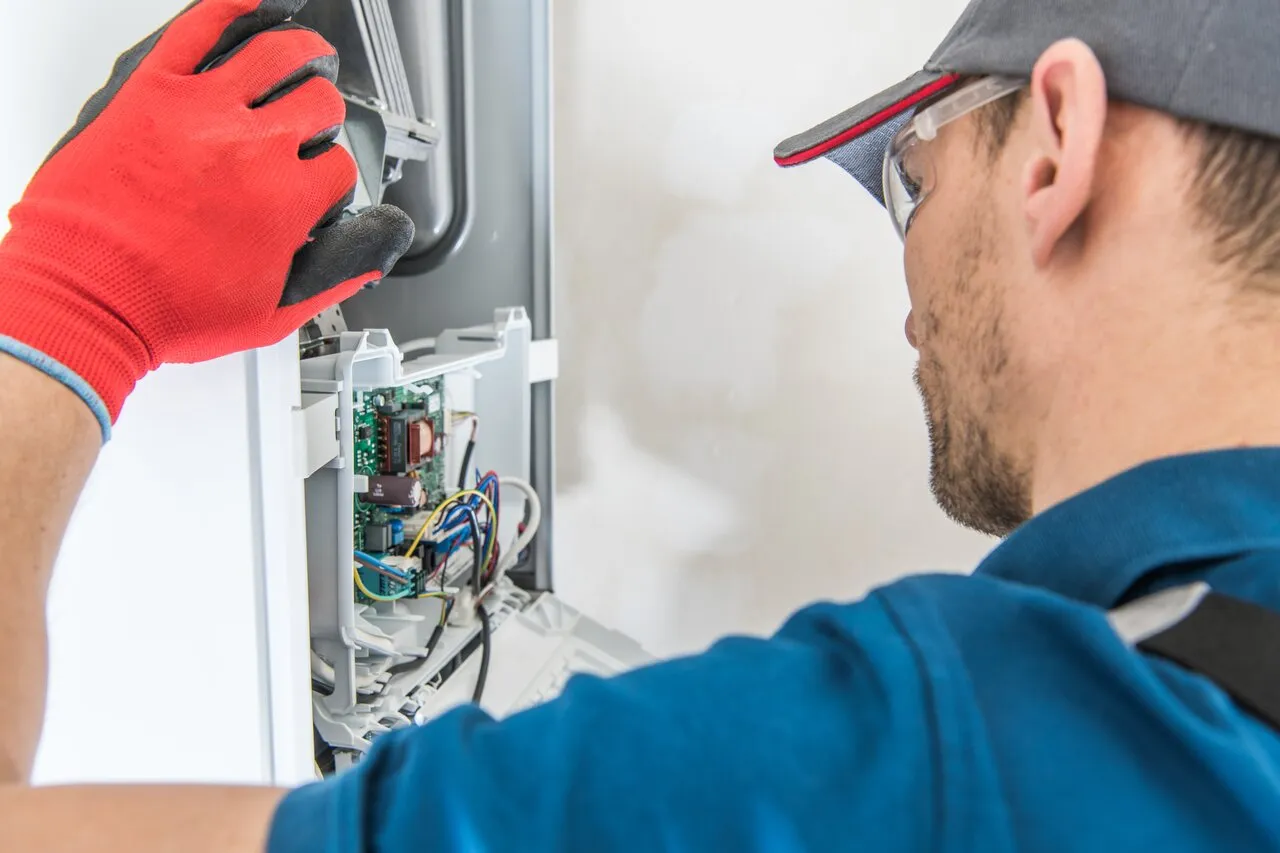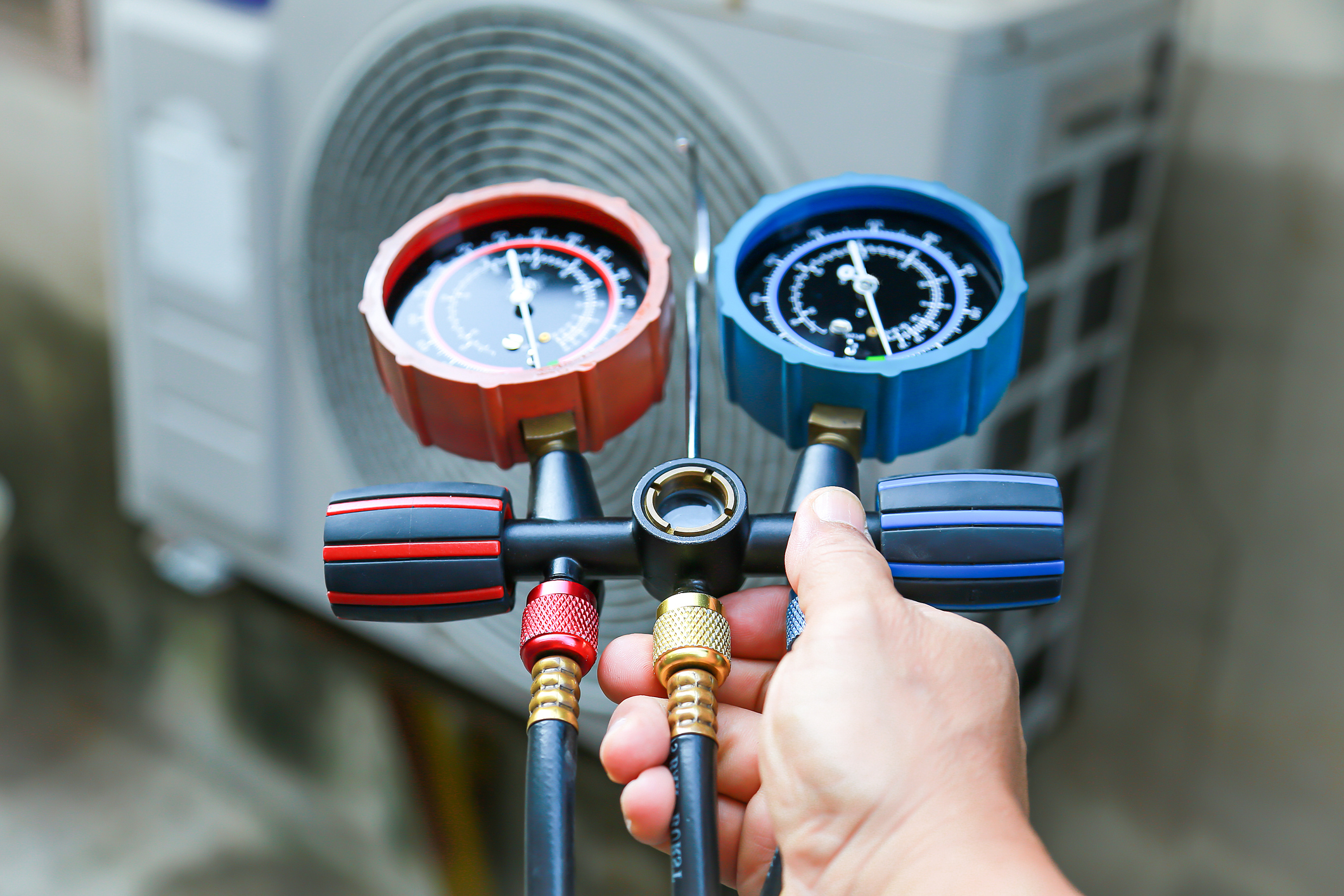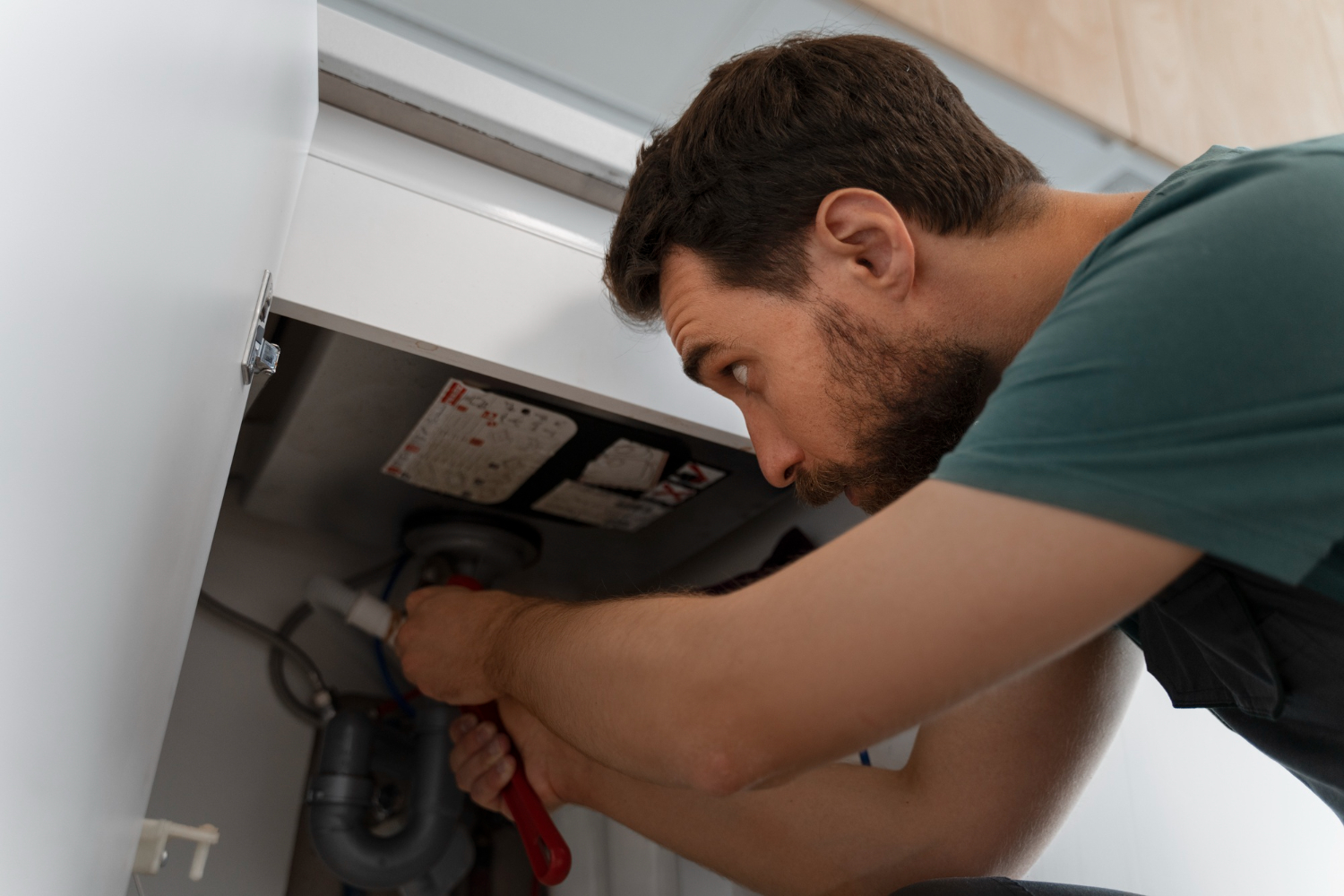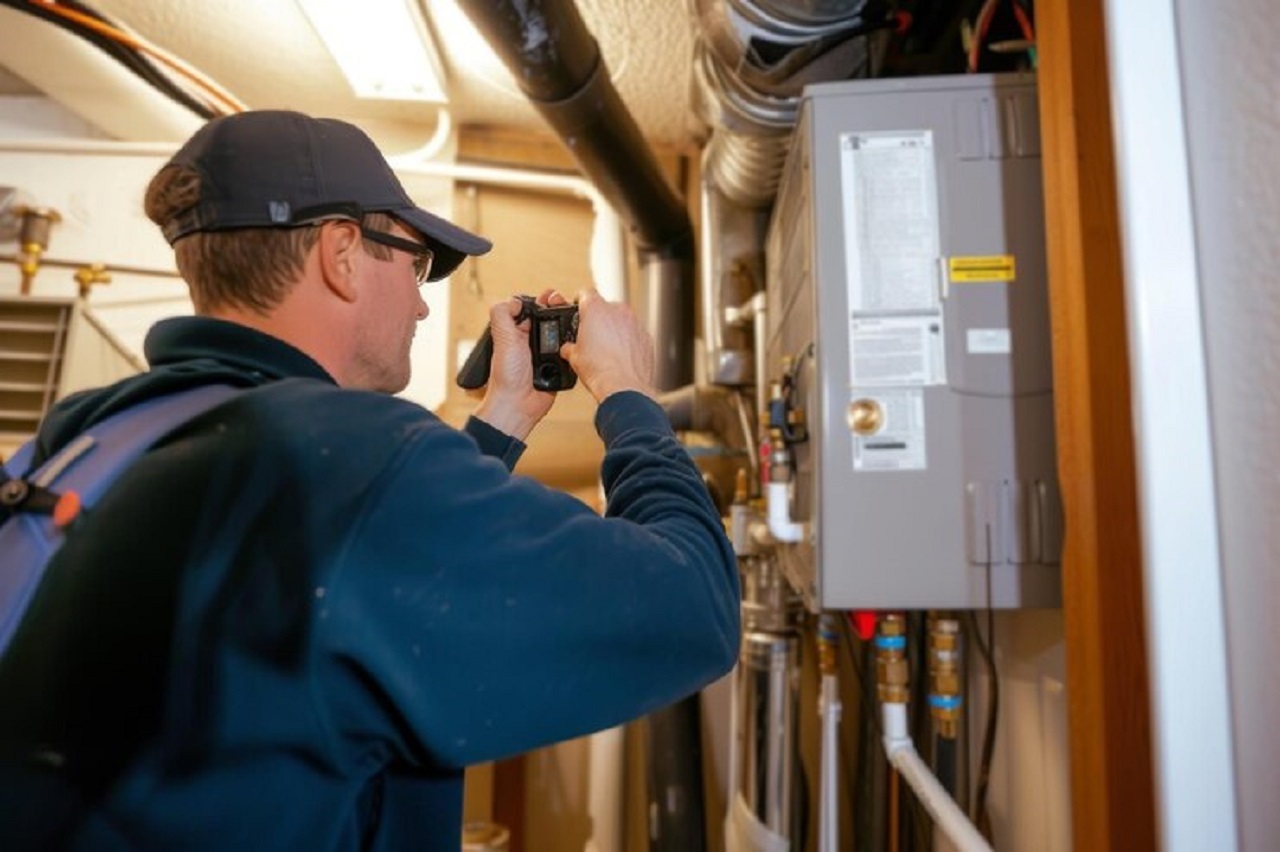Recognizing issues with your furnace early can save you from costly repairs and maintain a comfortable home environment. Furnaces are complex systems that require timely attention and maintenance to function efficiently. Knowing the common signs of a faulty furnace helps you address problems before they escalate.
The Importance of Timely Furnace Repair
Timely furnace repair is essential for maintaining a safe and comfortable home environment. When a furnace begins to show signs of trouble, addressing the issues promptly can prevent more severe problems.- Preventing Major Breakdowns: Small issues can quickly escalate into significant malfunctions if left unchecked. For instance, a minor problem with the ignition or a clogged filter can lead to total system failure. Timely repairs help avoid inconvenient and costly breakdowns.
- Ensuring Safety: Furnaces that are not working correctly can pose safety risks. Issues such as gas leaks or faulty electrical components can be hazardous. Regular inspection and prompt repairs keep the system safe and protect your household.
- Improving Efficiency: A well-maintained furnace operates efficiently, consuming less energy. Timely repairs ensure the system runs smoothly, thereby saving on energy bills and reducing wear and tear on the equipment.
Common Signs Your Furnace Needs Repair
Recognizing the common signs that indicate your furnace needs repair helps you act quickly and avoid further issues.- Inconsistent Heat: If you notice that some rooms are warmer or cooler than others, it could be a sign of a failing furnace. Uneven heating often points to issues with the thermostat, ducts, or furnace itself.
- Strange Odors: Unusual smells coming from your furnace can indicate several problems. A burning odor might mean a problem with the electrical components, while a musty smell could point to mold in the ducts.
- Frequent Cycling: If your furnace frequently turns on and off, it could be short-cycling. This could be due to a dirty filter, thermostat issues, or a more serious internal problem.
How a Faulty Thermostat Affects Your Furnace
A faulty thermostat can cause several furnace issues. Understanding how it impacts your system can help in recognizing the need for repairs.- Inaccurate Temperature Readings: When a thermostat is not functioning correctly, it may provide inaccurate temperature readings. This can result in the furnace working harder than necessary, causing increased energy use and wear on the system.
- Frequent Short-Cycling: A malfunctioning thermostat can cause short-cycling, where the furnace turns on and off quickly. This not only affects the comfort level in your home but also puts additional strain on the furnace components.
- Unresponsive Thermostat: If the thermostat does not respond to adjustments, it prevents you from controlling the indoor temperature. This can lead to inconsistent heating and discomfort.
Identifying Problems with Air Filters
Air filters play a crucial role in the performance of your furnace. Knowing how to identify issues with air filters can lead to a more efficient system and cleaner air.- Reduced Airflow: A dirty or clogged air filter can restrict airflow, making the furnace work harder to push air through the system. This can lead to increased energy consumption and decreased efficiency.
- Poor Indoor Air Quality: Clogged filters can no longer trap dust, pollen, and other contaminants. This can affect indoor air quality, leading to more dust around the house and potential health issues for the occupants.
- Frequent Replacements: If you find yourself replacing air filters more often than usual, it may indicate a more significant problem, such as excessive dust in the environment or issues with the ductwork.
Unusual Noises: What They Mean for Your Furnace
Unusual noises from your furnace can indicate various problems. Recognizing these sounds helps you understand when your system needs professional attention.- Banging or Popping: These sounds often signal issues with the furnace’s burner or heat exchanger. Banging can indicate that the burner is dirty, while popping noises might mean metal components are expanding and contracting.
- Squealing or Screeching: High-pitched noises typically come from belt or motor problems. A slipping or worn-out belt can cause squealing, while screeching may signal issues with the motor bearings.
- Rattling or Rumbling: Rattling noises might point to loose or broken parts, while rumbling can indicate a problem with the burner. These issues require prompt attention to prevent further damage.
Recognizing Issues with Furnace Ignition Systems
The ignition system is a vital component of your furnace. Understanding common ignition issues ensures that your system operates safely and efficiently.- Pilot Light Problems: Older furnaces often have a pilot light, which can sometimes go out. If the pilot light is frequently extinguishing, it could be due to a faulty thermocouple or a draft.
- Electronic Ignition Failure: Newer furnaces use electronic ignition systems, which can fail due to issues like a malfunctioning control board or sensor problems. This can prevent the furnace from lighting up correctly.
- Delayed Ignition: If the burner doesn’t ignite immediately, there may be a buildup of gas that can cause a small explosion. This can be dangerous and might point to dirty burners or a failing ignition system.
When to Consider Air Duct Cleaning
Air ducts play a crucial role in the performance of your furnace, and keeping them clean is essential for system efficiency and air quality.- Visible Dust and Debris: If you notice a buildup of dust and debris around vents, it’s likely that your air ducts need cleaning. This accumulation can block airflow and reduce system efficiency.
- Allergy Symptoms: Increased allergy symptoms among household members can indicate dirty air ducts. Dust, pollen, and other allergens trapped in the ducts can circulate throughout the home, affecting air quality.
- Inconsistent Heating: Dirty air ducts can block or restrict airflow, resulting in uneven heating throughout the home. Cleaning the ducts ensures that warm air is distributed evenly.
The Role of Regular Maintenance in Preventing Furnace Problems
Regular maintenance is key to preventing furnace problems and ensuring a long-lasting, efficient system. Our technicians offer a range of maintenance services to keep your furnace in top condition.- Inspection and Cleaning: During maintenance visits, our professionals inspect and clean the furnace components, including the burners, heat exchanger, and filters. This helps remove dirt and debris that can cause malfunctions.
- System Testing: Our technicians test the furnace to ensure it is operating correctly. This includes checking the thermostat, ignition system, and airflow to identify any issues that need addressing.
- Preventive Repairs: Regular maintenance helps identify potential problems before they become significant issues. Our professionals can perform minor repairs and adjustments to keep your furnace running smoothly.
How Our Professionals Diagnose Furnace Issues
Diagnosing furnace issues involves a comprehensive approach to identify the root cause of the problem. Our professionals are trained to use advanced techniques and tools to ensure accurate diagnosis.Initial Assessment:
- Visual Inspection: Upon arrival, our technicians perform a visual inspection of your furnace. This includes checking for visible signs of damage, wear, or corrosion that could indicate a specific problem.
- System Testing: We operate the furnace to listen for unusual noises and observe its behavior. This helps in identifying issues that may not be immediately visible.
Advanced Diagnostic Tools:
- Temperature Readings: Our professionals use infrared thermometers to check for uneven temperatures in the heating system. This can reveal problems with heat distribution and potential blockages.
- Electrical Tests: We utilize multimeters to test the electrical components of the furnace, including the thermostat, igniter, and blower motor. Electrical tests help identify issues with wiring and connections.
Comprehensive Reports:
- Detailed Diagnosis: Following the inspection and tests, our technicians compile a detailed diagnosis. This report includes the identified issues, their severity, and recommended repair strategies.
- Consultation: We discuss the findings with you, explaining the issues in simple terms and suggesting the best course of action. This ensures you are fully informed before any repair work begins.
Steps Our Technicians Take for Furnace Repair
Repairing a furnace involves multiple steps to ensure the system is restored to optimal functioning. Our technicians follow a systematic approach for efficient and effective repairs.Preparation:
- Gathering Tools: Before starting the repair, our technicians gather all necessary tools and materials. This preparation minimizes downtime and ensures the right resources are on hand.
- Safety Protocols: We adhere to strict safety protocols, including turning off power and gas supplies to the furnace. Safety is our top priority to protect you and your property.
Repair Process:
- Component Replacement: If any parts are damaged or worn out, our professionals replace them with high-quality components. This includes filters, belts, and sensors that are essential for furnace operation.
- System Cleaning: We clean critical areas such as burners, heat exchangers, and blower assemblies. Removing debris and buildup enhances the furnace’s efficiency and reduces the risk of future problems.
- Calibration and Testing: After repairs are completed, we calibrate the furnace to manufacturer specifications. We then run a series of tests to ensure the system is operating correctly and efficiently.
Final Checks:
- Operational Verification: Our technicians verify that the furnace is running smoothly and effectively heating your home. This includes checking all safety mechanisms to ensure they are functioning properly.
- Customer Review: We provide a summary of the repairs carried out and any maintenance tips to keep your furnace in good health. Your satisfaction is essential, and we encourage you to ask any questions.
Long-Term Benefits of Professional Furnace Maintenance
Professional furnace maintenance provides numerous long-term benefits, ensuring your system operates efficiently and reliably throughout its lifespan.Enhanced Efficiency:
- Lower Energy Bills: Regular maintenance keeps your furnace running at peak efficiency. A well-maintained furnace uses less energy, which translates to lower utility costs.
- Consistent Heating: Maintaining the furnace ensures consistent heat distribution. This eliminates cold spots and provides a comfortable indoor environment.
Extended Lifespan:
- Reduced Wear and Tear: Routine maintenance reduces the wear and tear on furnace components. This prolongs the life of parts like the blower motor, heat exchanger, and igniter.
- Preventative Care: Our technicians can identify and address potential issues before they become major problems. Preventative care ensures that your furnace operates smoothly for many years.
Safety Assurance:
- Minimize Risks: Regular inspections and maintenance reduce the risk of dangerous issues such as gas leaks and carbon monoxide poisoning. Ensuring all components are in good condition enhances overall safety.
- Compliance: Maintenance ensures your furnace complies with local safety regulations and manufacturer warranties. This protects you from potential liabilities and ensures warranty claims are honored.
- Peace of Mind: Knowing your furnace is well-maintained provides peace of mind. You can trust that your heating system is reliable, contributing to a worry-free home during the colder months.








